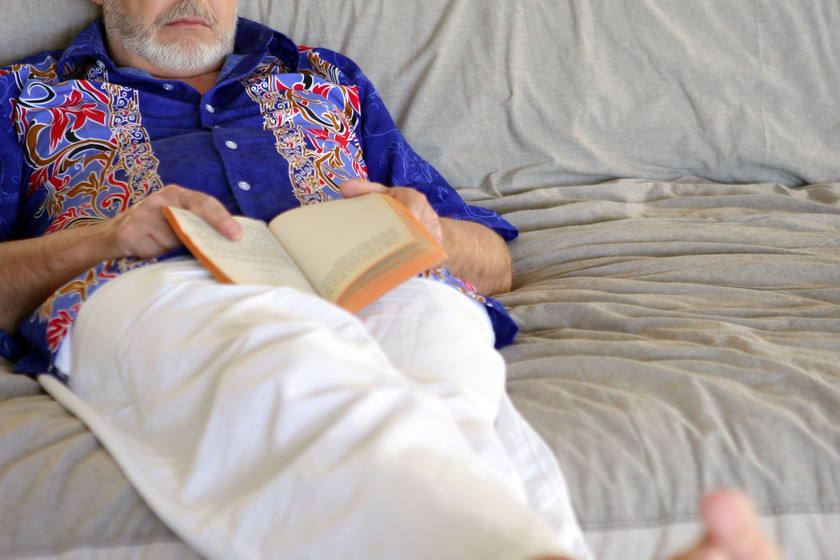As we age, getting a good night’s sleep gets even more crucial to help maintain overall health and well-being. The elderly, in particular, need quality rest to help their bodies recuperate and function optimally. Unfortunately, many elderly people find themselves inadvertently sleeping while sitting, whether it’s due to discomfort in bed, mobility limitations, or simply dozing off in a chair. This seemingly harmless habit can have negative consequences for their health, making it essential to understand and address the issue.
Potential Health Risks
- Poor Sleep Quality
One of the most significant drawbacks of sleeping while sitting is poor sleep quality. The body requires a comfortable and relaxed position to enter deep sleep stages, which is essential for physical and mental recovery. Sitting upright can cause discomfort and prevent elderly folks from achieving the necessary restorative sleep, ultimately leading to fatigue, mood changes, and decreased cognitive function.
- Increased Risk of Blood Clots
The elderly are already at a higher risk for blood clots due to factors such as decreased mobility and chronic health conditions. Sleeping while sitting can exacerbate this risk, as the legs remain in a bent position for an extended period. This position can restrict blood flow, leading to the formation of blood clots, which can be life-threatening if they travel to the lungs, heart, or brain.
- Pressure Sores and Skin Breakdown
Sitting for extended periods, especially while sleeping, can create pressure on the skin and underlying tissues. Over time, this constant pressure can cause skin breakdown and the development of pressure sores, which can be painful and challenging to heal.
- Musculoskeletal Issues
Elderly people who frequently sleep while sitting may also experience muscle stiffness and pain. The unnatural sleeping position can lead to strain on the neck, back, and shoulder muscles. Prolonged sitting can also cause joint pain and stiffness, particularly in the hips and knees.
- Respiratory Complications
Sleeping while sitting can negatively affect an elderly’s respiratory system. This position makes it difficult for the diaphragm to expand fully, resulting in shallow breathing and reduced oxygen intake. Elderly folks with pre-existing respiratory conditions, such as COPD or asthma, may experience exacerbated symptoms in this position.
How To Promote Healthy Sleep Habits
- Establish a Sleep Routine
Encourage elderly folks to develop a regular bedtime regime that signals to their body that it’s time to sleep. This routine could include activities like reading, listening to calming music, or practicing relaxation techniques.
- Create a Comfortable Sleep Environment
Ensure that the elderly have a comfortable and supportive mattress and pillows, as well as breathable bedding. A dark, quiet, and cool room can also improve sleep quality.
- Address Underlying Health Issues
Talk to a healthcare professional about any health conditions or medications that may be interfering with sleep. They may recommend adjustments to treatments or prescribe sleep aids if necessary.
- Encourage Physical Activity
Regular physical activity can help elderly people fall asleep faster and enjoy deeper sleep. Aim for at least 150 minutes of moderate-intensity aerobic exercise per week, along with muscle-strengthening activities.
- Limit Daytime Napping
Although naps can be beneficial for the elderly, excessive daytime napping can interfere with nighttime sleep. Set a limit for naps around 20-30 minutes and avoid napping late in the day.
Conclusion
Sleeping while sitting may seem harmless, but it can have detrimental effects on the elderly’s health. By understanding the risks and promoting healthier sleep habits, we can help elderly folks achieve better sleep and overall well-being.







